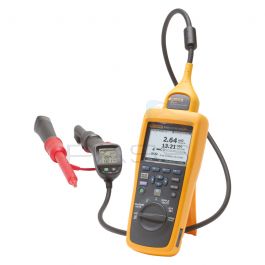D
devagup
Hello all, I am a QA manager located in the Netherlands and we conduct on site product inspections using a third party company in China. Some of our products use rechargeable batteries. I am looking to identify what kinds of tests our third party inspection company in china could perform on lithium ion rechargeable batteries(AA, battery packs etc). I contacted them and below is a list they provided. Are there any more tests perhaps you can think of which I can add to this list? If so, can you also please list what tools we should use to perform the tests? Thank you in advance.
Battery capacity - using a battery capacity tester.
Battery voltage - Multimeter
Charging and discharging time - loading tester (battery capacitor tester).
Battery capacity - using a battery capacity tester.
Battery voltage - Multimeter
Charging and discharging time - loading tester (battery capacitor tester).









